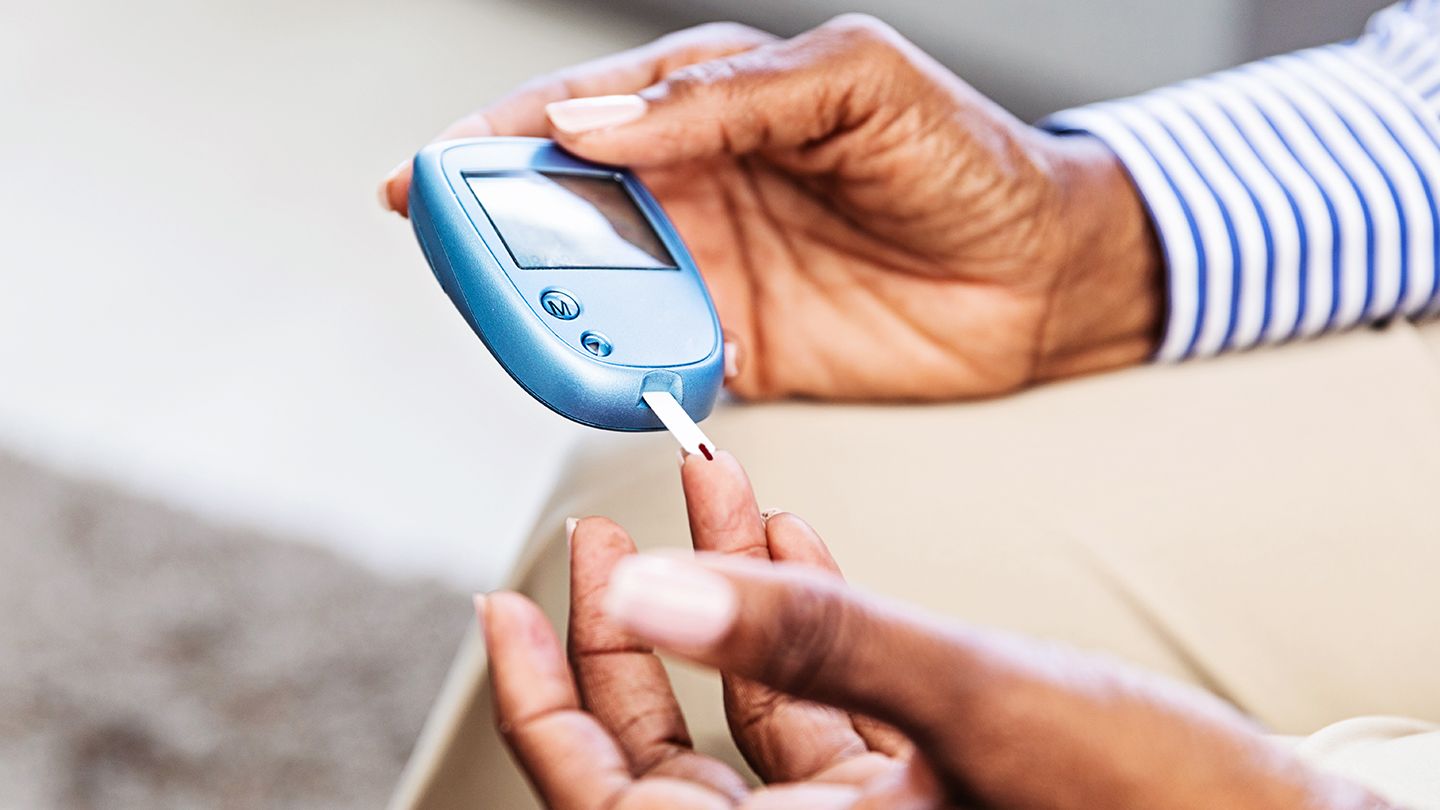Typical Blood Sugar Ranges Based on Age
- Posted on Nov. 7, 2023
- Health
- Views 60
For individuals with diabetes, it is imperative to regularly monitor blood glucose concentrations, as these metrics are subject to alterations based on age-related facets, thereby ensuring the preservation of health and the prevention of harmful sequelae.
Read More

Understanding Blood Sugar Levels
Normal sugar levels are typically milligrams per deciliter (mg/dL). The body's ability to regulate these levels can diminish with age, making the understanding of typical ranges for dissimilar age groups essential.
Normal Blood Sugar Ranges for Diverse Age Groups
Guided Glucose Levels
- Neonates (newborns)
- Fasting glucose levels: 40-60 mg/dL
- Infants
- Glucose levels: 50-90 mg/dL
- Children and Adolescents
- Fasting glucose levels: 70-100 mg/dL
- Postprandial (after eating) glucose levels: Not exceeding 140 mg/dL
- Adults
- Fasting glucose levels: 70-100 mg/dL
- Postprandial glucose levels: Below 140 mg/dL
- Seniors
- Fasting glucose levels: 70-110 mg/dL
- Postprandial glucose levels: Below 140 mg/dL
This format should make the glucose average blood sugar level suggestions clear for diverse age groups.
Facets Influencing Blood Sugar Levels with Age
Various facets affect blood sugar levels as one ages, including decreased physical activity, dietary changes, and altered metabolism.
Blood Sugar Monitoring
Monitoring blood sugar is crucial for handling diabetes and maintaining health, particularly as age increases.
Advised Testing Frequency
- Non-diabetics: Testing is not typically necessary unless directed by a healthcare provider.
- Individuals with diabetes: The frequency can vary but often includes testing before meals, bedtime, and sometimes overnight.
Impact of Diet and Lifestyle on Blood Sugar
Diet and lifestyle are pivotal in handling blood sugar levels across all ages.
Nutritional Guidelines
- Carbohydrate Intake should be monitored and consistent.
- Fiber-Rich Foods are useful in regulating blood sugar levels.
- Glycemic Index can help maintain stable blood sugar levels.
Lifestyle Modifications
- Physical Activity: Regular exercise can help to maintain a healthy blood glucose level.
- Weight Management: Keeping a healthy weight is urgent, particularly, as metabolism slows with age.
Managing Blood Sugar Levels with Age
With advancing age, handling blood sugar levels may require more attention.
Children and Adolescents
- Parental Supervision: Parents should oversee the dietary habits and physical activity grades of their children.
- Education: Teaching young individuals the implication of strengthening healthy blood sugar levels is urgent.
Adults and Seniors
- Medical Consultation: Regular check-ups with healthcare providers become increasingly important.
- Medication Management: Adjusting medication for blood sugar control is often necessary as one ages.
The Role of Medical Interventions
Medications and other medical interventions are sometimes required to manage blood sugar levels.
Insulin Therapy
Insulin therapy is imperative for patients who have type 1 diabetes due to their inability to synthesize insulin endogenously, necessitating stringent monitoring of glycemia and exogenous insulin administration. For individuals with type 2 diabetes, exogenous insulin becomes necessary when oral hypoglycemic agents fail to maintain glycemic control, thereby aiding in regulating blood glucose grades in the presence of insufficient insulin secretion or insulin resistance.
Oral Medications
Oral medications form the first line of treatment for type 2 diabetes, working in various ways to lower blood sugar, such as increasing insulin production or sensitivity and decreasing glucose absorption. In older adults, these medications are carefully managed to account for the body's changing needs and responses.
Preventing Complications Related to Abnormal Blood Sugar
It is imperative for older individuals to rigorously prevent abnormalities in blood glucose grades, which are associated with substantial health concerns such as neuropathic and renal damage. Systematic monitoring, alongside lifestyle modifications that encompass dietary and physical activity adjustments, is indispensable. Close collaboration with medical practitioners is instructed to customize a healthcare strategy.
Conclusion
Engaging in healthful lifestyle practices, routine surveillance of one's glycaemic index, and soliciting professional medical counsel are imperative in sustaining ideal blood sugar parameters and mitigating potential diabetic sequelae.


